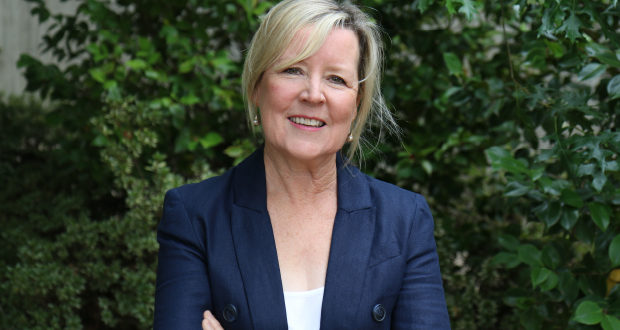Australia’s need for educators has been driven by an interplay of salary, burnout and dissatisfaction, but new research will seek to find answers from a largely overlooked stakeholder - ex-teachers.
Experts from three major universities will survey teachers across the Independent, Catholic and State sector who have quit in the past seven years, as part of a national study into the country's staffing shortages.
Lead researcher Associate Professor Robyn Brandenburg from Federation University said ex-teachers are a critically underused resource in efforts to retain the education workforce.
“We've got more positions open than we can fill, and what’s happening is the teachers that are left in the classroom, their work is intensified," Dr Brandenburg told Education Review.
“There’s a wealth of talent and experience out there with teachers that have left, and it begs the question - do they intend to return, and what would it take?”
By 2025, the federal government estimates a shortfall of more than 4,000 high school teachers across the country.
A recent Monash University study which spoke to more than 2,000 teachers found more than 60 per cent planned to quit in the next five years.
Burnout, salary and underappreciation have been flagged as key factors driving a mass exodus, however there is little to no data on where teachers plan to move to in the next phase of their lives.
“What we want to do is connect with teachers who have left, and find out why they left, and how long did they think about leaving,” Dr Brandenburg said.
“This information is really going to inform universities, teacher ed programs, schools, principals, governance and policies.
“With their voices and their narratives we can learn deeper insight.”
Brandenburg, alongside Dr Ellen Larsen from University of Southern Queensland, Professor Alyson Simpson from the University of Sydney and Dr Richard Sallis from the University of Melbourne, plan to release their survey findings in mid 2023.
The survey, part of I left the teaching profession … and this is what I am doing now": A National Study, is currently open and can be completed here.
Do you have an idea for a story?Email [email protected]
 Education Review The latest in education news
Education Review The latest in education news

Lets put some things in context:
1. Why would teachers stay in a profession that is poorly paid and top heavy with middle management who have little day-to-day experience? It is disrespectful to everyone at the coalface.
2. Why would teachers stay in the profession when the Education Minister has no educational/school experience?
3. Why would males consider staying or entering the profession given the nature of child protection laws? Where is the data re false allegations and legal ramifications of those?
4. Why is there no discussion of the inequity of male/female representation in schools? How is this gaping disparity equitable for male students or staff?
5. Why would teachers stay in a profession where you can be assaulted, abused verbally each day and there are no ramifications except perhaps a ‘restorative conversation’?
6. Why would teachers stay in a profession with considerable add-ons for which there is no extra remuneration?
7. Why would teachers stay in a profession which is not permanent. Take a look at the data of temporary employees that work for years and never get permanency.
8. Why would teachers stay in a profession where the media and the general public feel the need to belittle and criticize the profession regularly?
9. Why would teachers stay in a profession where the funding of wealthy schools feeds the gross inequity of the haves and have-nots?
10. Why would teachers consider a regional/ country school when it doesn’t allow for career progression? Look carefully at this.
11. It is not economically viable to teach in a capital city starting on 70k per year and try to pay rent and a 40k HECS debt let alone a mortgage or other family expenses.
The questions above are so completely valid and ones I have been asking for years. The biggest one for me is #2, someone making decisions for us that has zero experience, its laughable and shows the lack of understanding the people making decisions on our behalf have for our profession. Why stay in a field where there is zero appreciation by middle management and parents and where we have no backing regarding behaviour? Teachers give up disciplining because the management do not back us and the students know they have control – enough is enough!
The survey does not suit anyone who has left the school system to teach in the university sector, I tried to complete it and gave up.